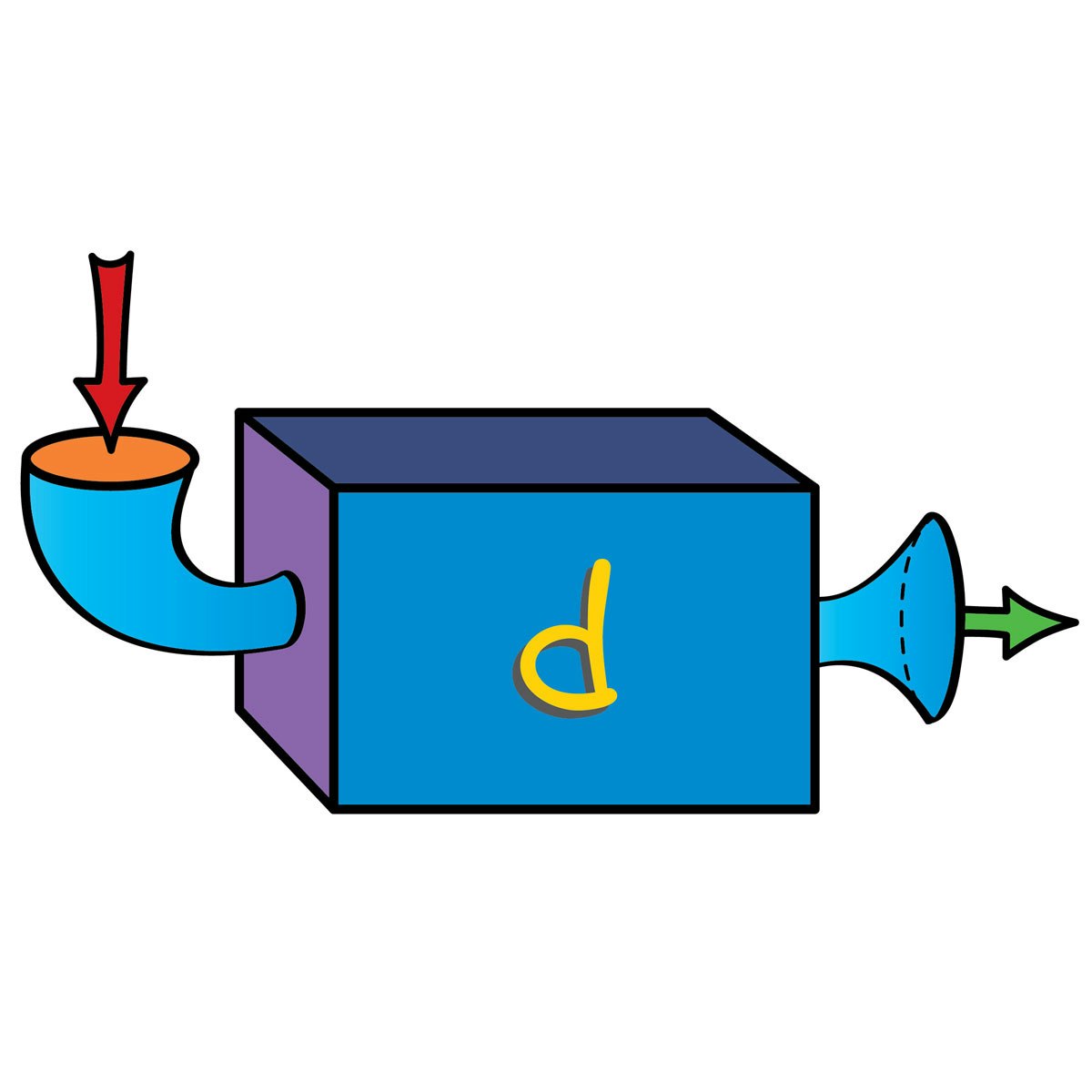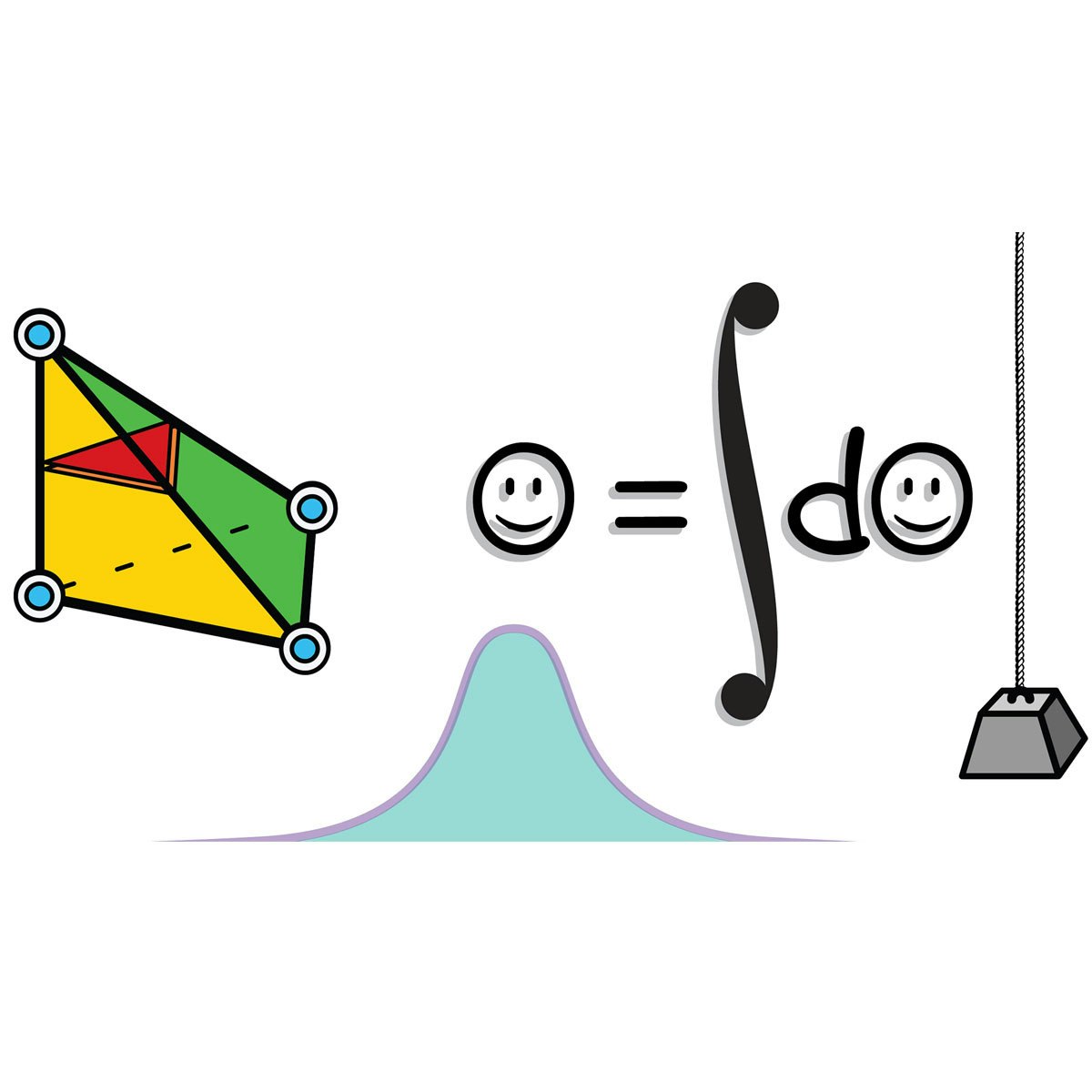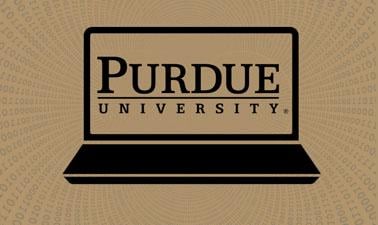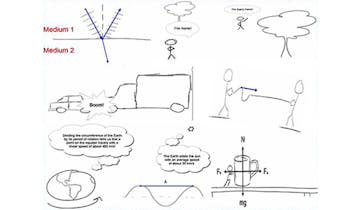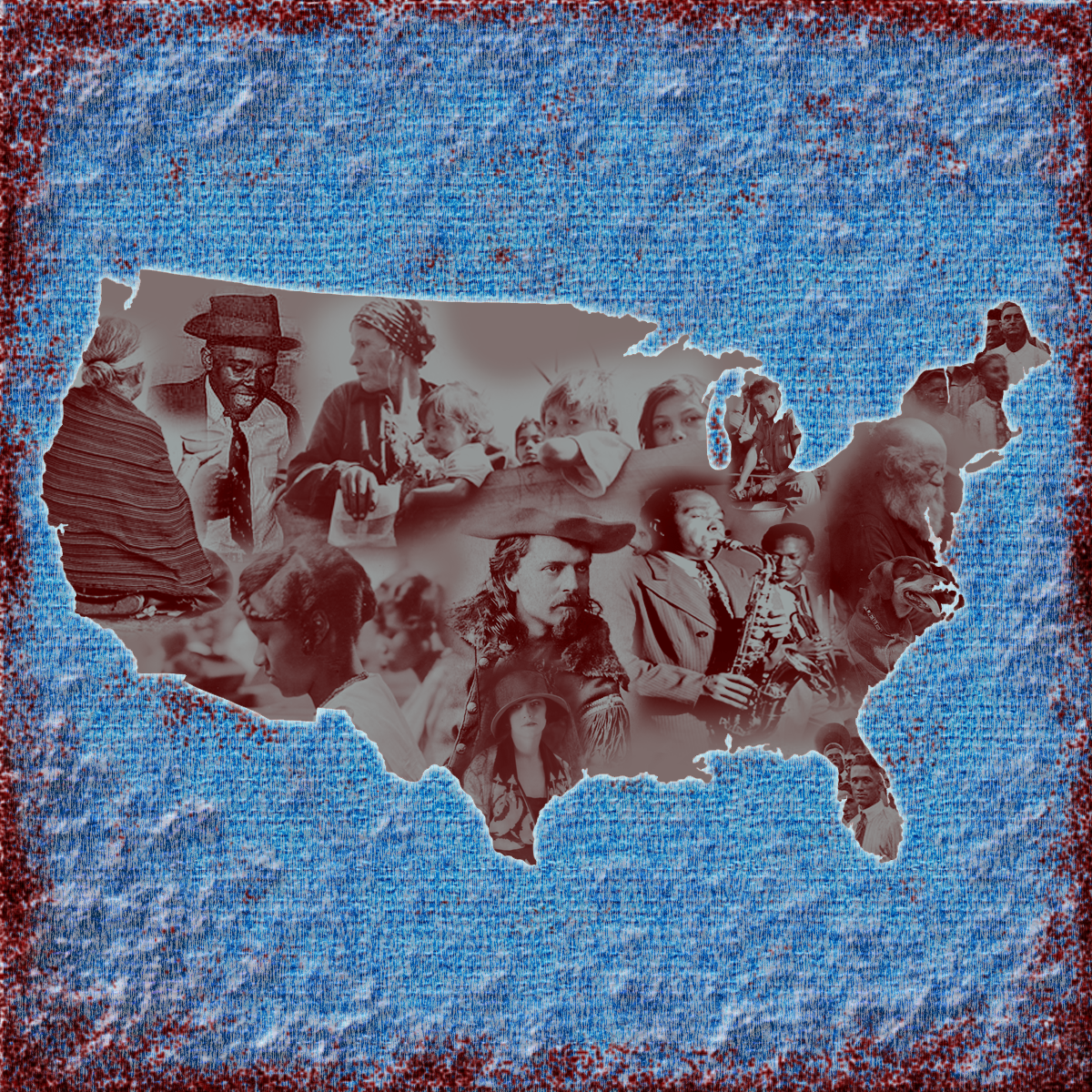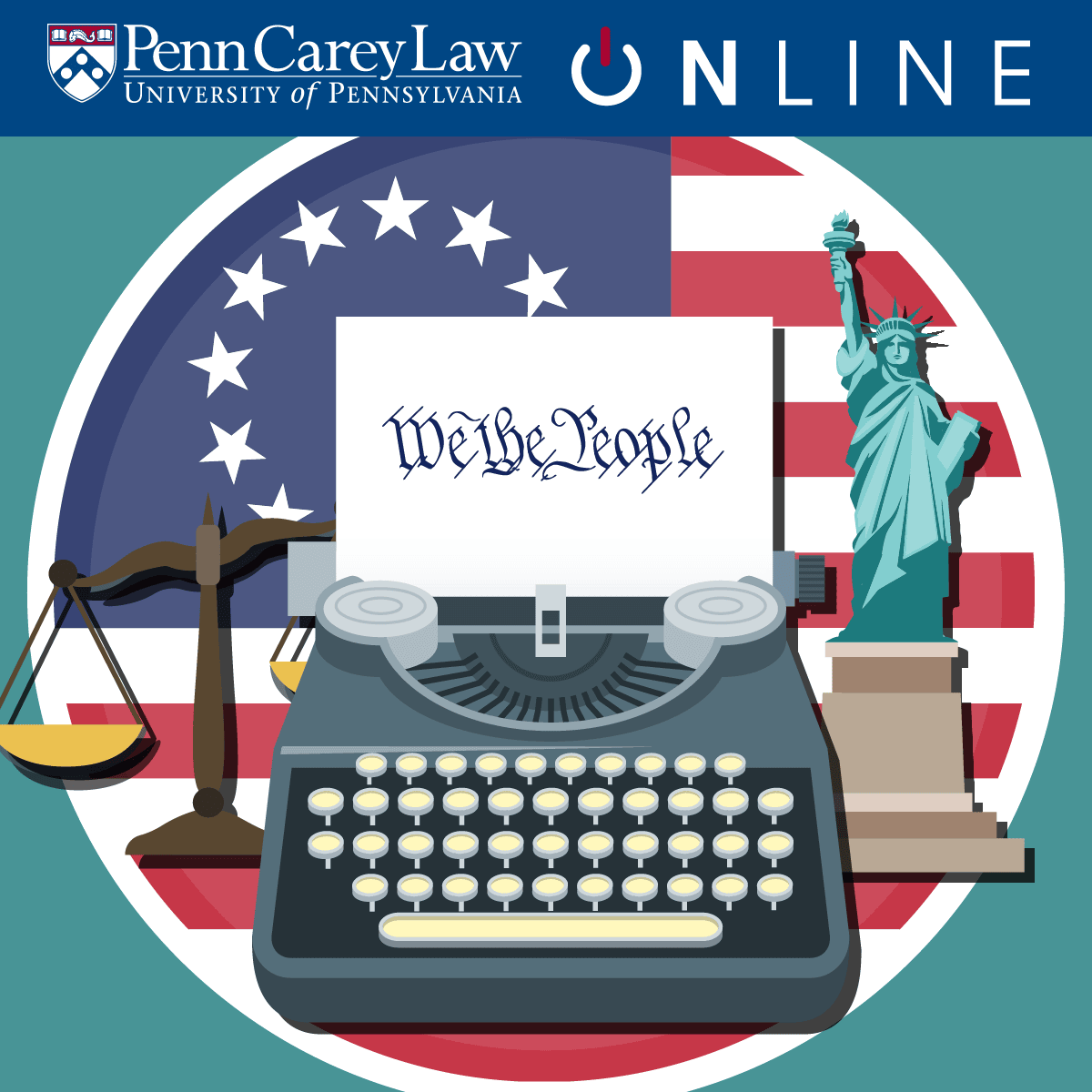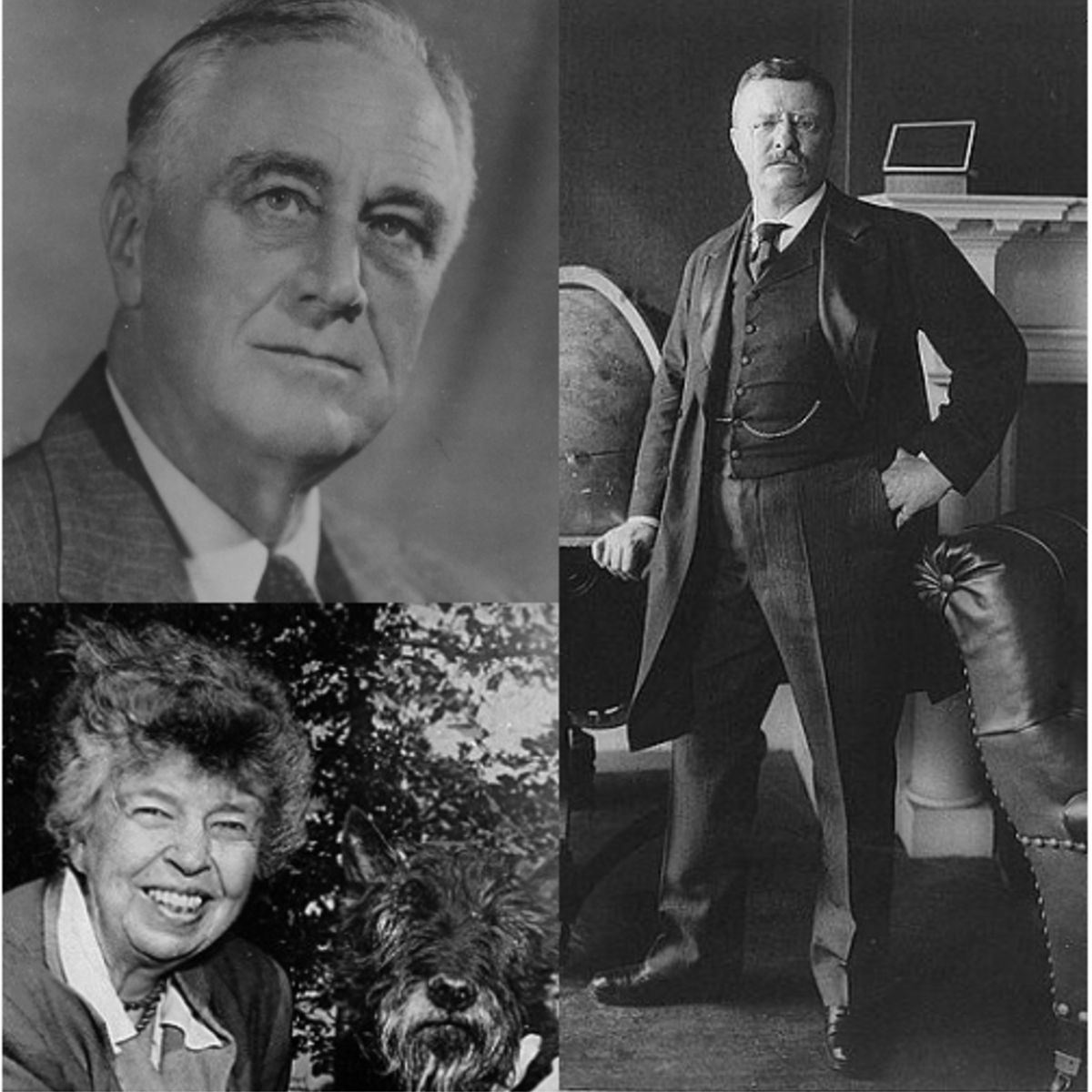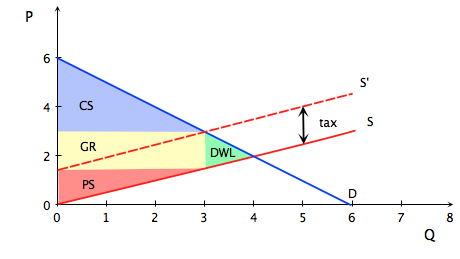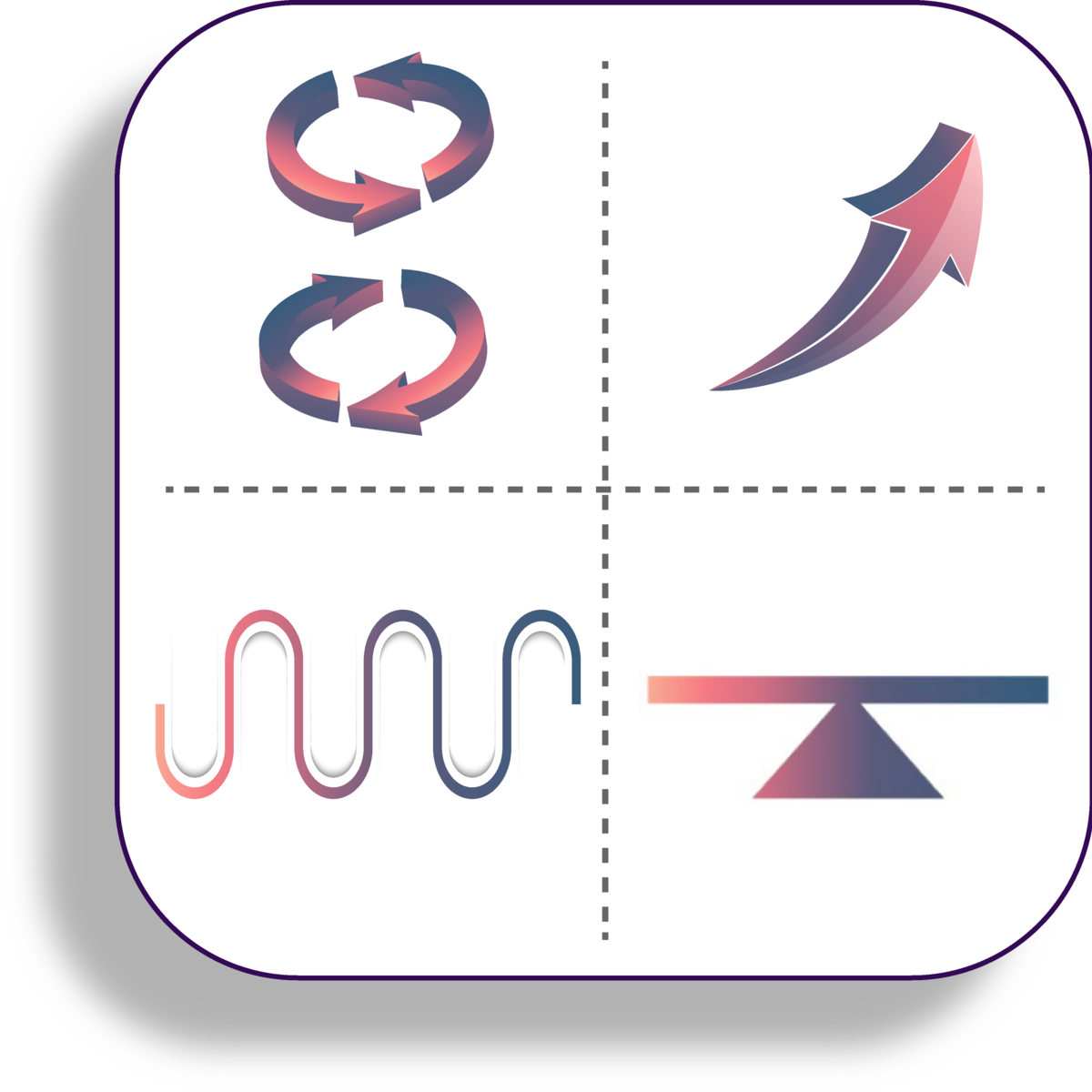- Understanding limited AP access
- The online solution: Breaking through barriers
- The strategic value of AP courses
- Maximizing college credits through strategic AP planning
- The self-directed learning advantage
- Our list of AP online courses
- Demonstrating academic excellence beyond test scores
- Time management and motivation strategies
- Conclusion
Advanced Placement (AP) courses represent a unique opportunity in American education: the chance to take college-level courses while still in high school. These courses conclude with standardized exams scored from 1 to 5, with scores of 3 or higher typically earning college credit. This means students can potentially enter college with credits already completed, saving both time and money on their degree.
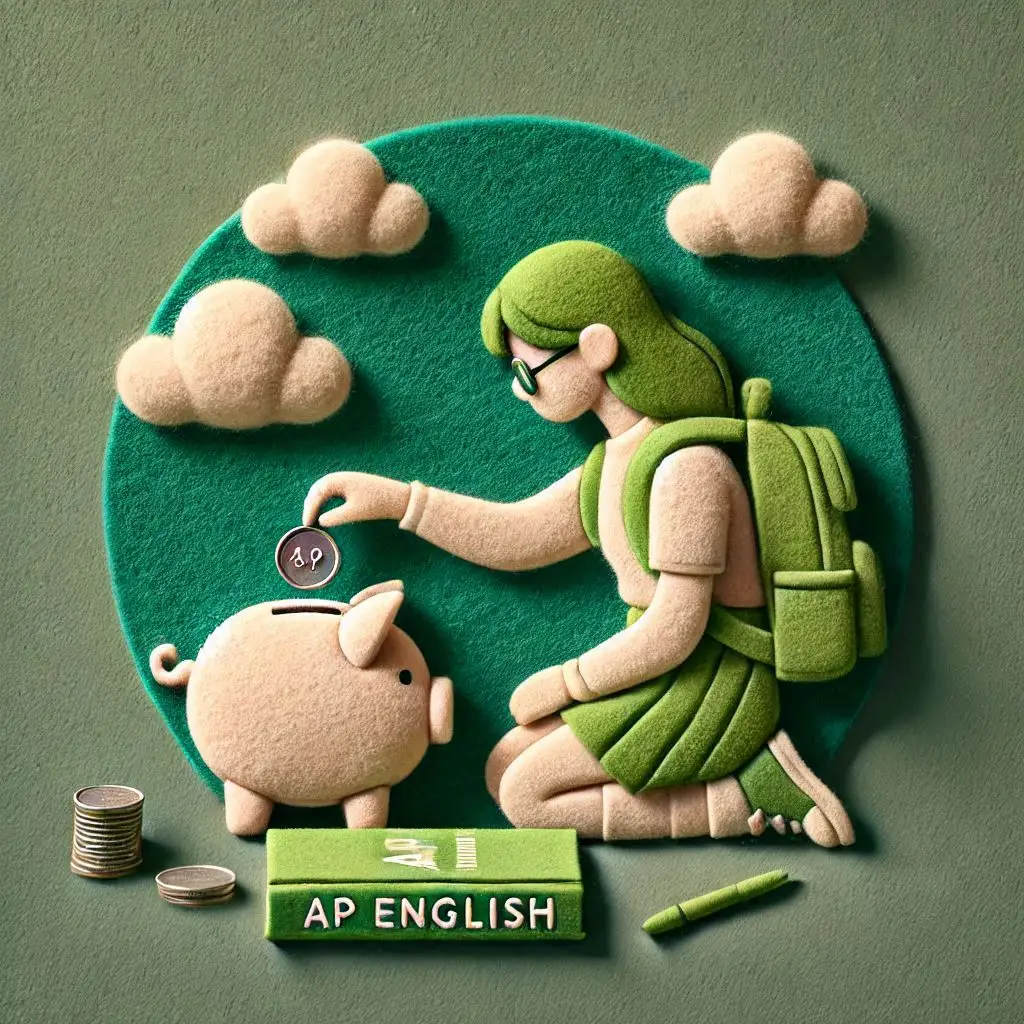
Understanding limited AP access
Why do some schools offer few or no AP courses? The reasons are complex and often interconnected:
Teacher qualification requirements are stringent. AP teachers must complete specific training and certification processes, which can be costly for schools. Some schools, particularly in rural areas, struggle to find and retain qualified AP teachers.
Financial constraints play a major role. AP courses require specialized materials, textbooks, and lab equipment, especially for sciences. Schools must also pay annual fees to offer AP programs. In districts with limited budgets, these costs can be prohibitive.
Student enrollment numbers matter too. Schools need enough interested students to justify offering an AP course. In smaller schools, there might not be sufficient demand for more specialized subjects like AP Art History or AP Computer Science.
Some schools face difficult choices about resource allocation. When budgets are tight, they might prioritize other academic programs or essential services over expanding AP offerings.
The online solution: Breaking through barriers
This is where online AP courses become transformative. They eliminate many traditional barriers:
No need for local AP-certified teachers No requirements for minimum class sizes No expensive lab equipment or facilities Flexible scheduling that works around existing classes
Through online courses, students can access AP subjects regardless of their school's resources. A student at a rural school without AP Physics can take it online. Someone whose school dropped AP French due to low enrollment can continue their language studies. A student whose schedule conflicts with their school's AP Calculus class can take it at their own pace online.
The strategic value of AP courses
Beyond just earning college credits, AP courses serve multiple strategic purposes:
Academic growth
The rigor of AP courses helps develop college-ready skills like:
- Critical thinking and analysis
- Academic writing
- Independent study habits
- Time management
- Complex problem-solving
College admissions advantage
College admissions officers view AP courses as evidence of:
- Academic ambition
- Willingness to challenge oneself
- Ability to handle college-level work
- Subject matter expertise
Financial benefits
The financial impact of AP credits can be substantial:
- Each passed AP exam can save thousands in college tuition
- Students can potentially graduate early, saving a semester or more of costs
- More flexibility to add second majors or minors without extending time in college
- Reduced student loan burden

Maximizing college credits through strategic AP planning
Smart AP course selection can significantly impact your college journey. Many universities offer substantial credits for high AP scores, but policies vary widely. Some key strategies include:
First, research credit policies at your target colleges. Some universities offer up to a full semester of credits for strong AP performance, while others might use AP scores for placement only. Understanding these policies helps prioritize which AP exams to pursue.
Second, focus on core subjects that commonly fulfill general education requirements. For example, AP Calculus and AP English Language credits often satisfy fundamental college requirements across many majors.
The self-directed learning advantage
Success in online AP courses requires strong self-study skills - a valuable asset for college and beyond. Effective self-directed learning involves:
Creating a structured study schedule that mirrors a traditional class format Using active recall techniques rather than passive reading Participating in online discussion groups or study communities Regular self-assessment through practice exams and quizzes
Our list of AP online courses
Back in 2019, we made a list of over 70 online courses covering almost every AP subject. Much has changed since. While there are still plenty of online courses specifically devoted to AP, a good handful have been delisted or archived.
In this updated list, we attempt to offset these delistings by adding courses that cover topics on AP exams. When you see AP subjects without AP-designated courses, you'll need to "glue" these courses together with outside resources. Such is the case for subjects like AP English (both lang and lit) and for AP U.S. History.
The College Board, which publishes AP exams, has helpful resources available for free. We also strongly recommend Khan Academy's AP resources to help supplement these courses and for exam preparation.
Mathematics and Computer Science
Mathematics forms the foundation of many college programs. Strong performance in these AP courses can place you ahead in your STEM journey or provide valuable analytical skills for any major.
AP Calculus (AB and BC)
Understanding key concepts and tackling challenging problems requires systematic practice. Online courses offer interactive tools and step-by-step problem solving.
AP Statistics
Learn to analyze data and understand probability - crucial skills for many fields, from social sciences to business.
AP Computer Science Principles
AP Computer Science A
Master Java programming and fundamental computer science concepts through hands-on coding exercises.
Natural Sciences
Science courses demonstrate your ability to understand complex systems and apply analytical thinking.
AP Biology
Explore life processes through detailed animations and virtual lab experiences.
AP Chemistry
Master chemical principles through interactive simulations and guided problem-solving.
AP Physics (1, 2, and C)
Understand fundamental laws of the universe through video demonstrations and practice problems.
Humanities and Social Sciences
These courses develop critical thinking and communication skills valued across all college majors.
AP English Language and Composition
Strengthen your writing and analytical skills through guided practice and feedback.
AP English Literature and Composition
Develop deep reading comprehension and literary analysis capabilities.
AP US Government and Politics
AP US History Courses
Study US History, World History, or European History through engaging multimedia content.
AP World History: Modern
AP European History
Additional Subjects
AP Psychology
AP Environmental Science
AP Economics
AP Foreign Languages
Demonstrating academic excellence beyond test scores
While AP scores are important, the journey of mastering AP content through online courses demonstrates valuable qualities to colleges:
- Initiative and self-motivation
- Time management skills
- Ability to overcome resource limitations Independent learning capabilities
- Academic ambition and intellectual curiosity
Time management and motivation strategies
Success in online AP courses requires effective time management. Create a realistic schedule that:
Allocates specific study times for each subject Includes regular breaks to maintain focus Sets aside time for practice tests and review Allows flexibility for adjustments as needed
Stay motivated by:
- Setting specific, achievable goals for each study session
- Tracking your progress through practice test scores
- Connecting with other online AP students
- Remembering your long-term college and career goals
Conclusion
Your academic potential shouldn't be limited by your geographical location or school resources. Online AP courses provide a pathway to academic excellence, college credit accumulation, and demonstration of your capabilities. Through careful planning, dedicated study, and effective use of online resources, you can build an impressive academic profile that opens doors to future opportunities.
Remember, the journey through AP courses is challenging but rewarding. Each hour invested in your AP studies is an investment in your future academic success. Start exploring online AP options today, and take control of your educational journey.
[Consider adding a call to action here about exploring OpenCourser's AP course offerings and using the platform's features to find the right courses for your goals.]







